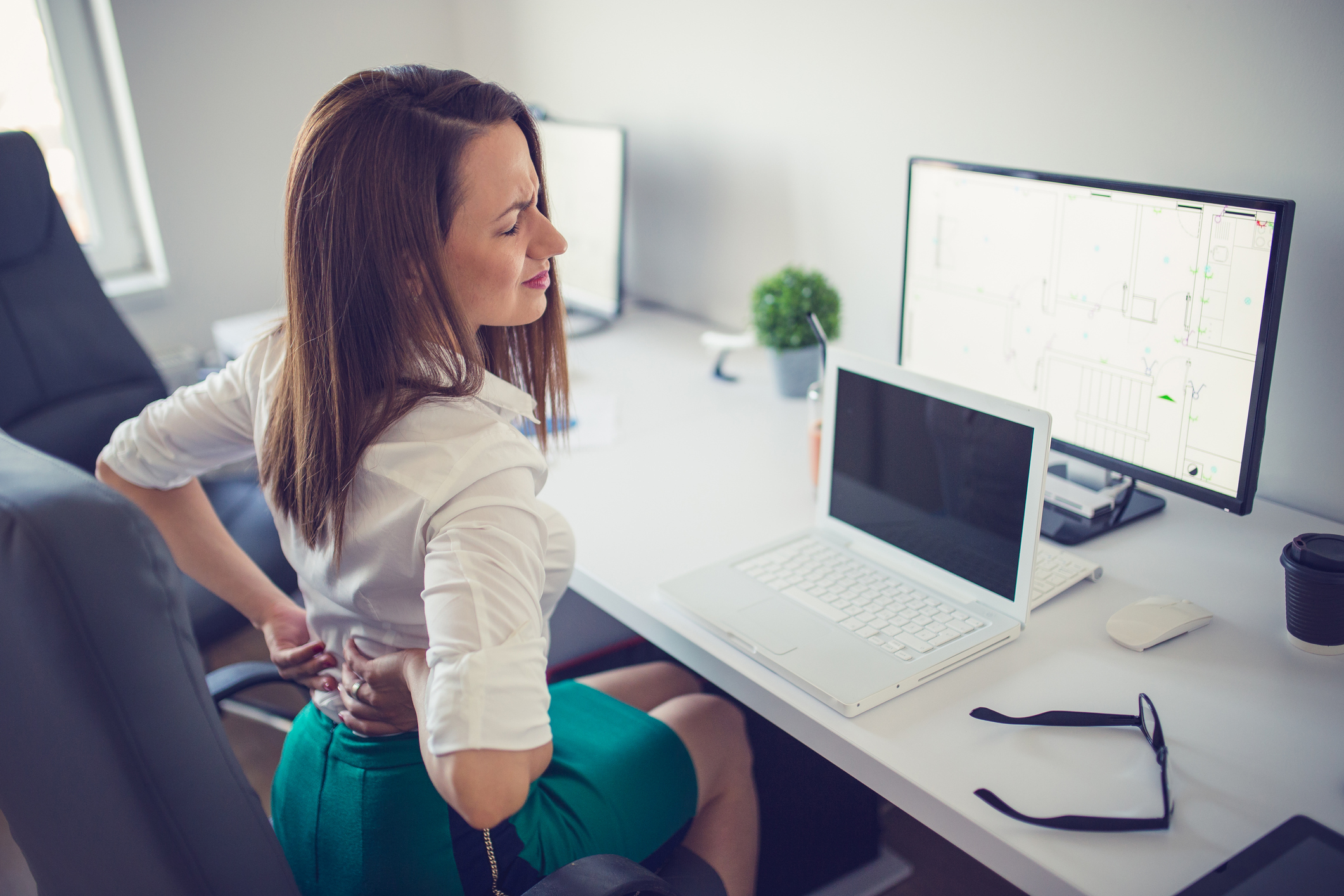10 major hazards of long-term sitting, mitigating the hazards of sedentary
We all know that sitting for a long time is very harmful to everyone's health. We need to pay attention to these preventions so as to avoid the hazards of sitting for a long time. In daily life, as office workers, everyone has to sit for long periods of time in the office. In such an environment, everyone needs to pay attention to their health. People now live comfortably and comfortably. Even if they are working, they spend most of their time sitting. Many problems can be solved with hands and brains. There is no need to run around, but this will have a great impact on everyone’s health. big. Follow the 360 common sense network to see how to alleviate the hazards of sedentary.
Top 10 hazards of long-term sitting
1. Causes heart disease
When sitting for a long time, muscles burn less fat and blood flow is slow. Fatty acids are more likely to block the heart. High blood pressure and high cholesterol are associated with sedentary sitting. People who need to sit for a long time have more than twice the risk of cardiovascular disease as those who don’t need to be sedentary.
2. Causes a large abdomen
When you stand, walk, or even sit upright, your abdominal muscles keep you straight. But when you lie in a chair, the abdominal muscles no longer work. The tight back muscles and soft abdominal muscles form a catastrophic posture, which aggravates the natural curvature of the spine, resulting in a disease called lordosis or excessive back depression. Moreover, sitting for a long time will make your waist pile up with swimming rings, this point need not be introduced!
3. Causes hip tightness
Flexible hips help you maintain balance, but sedentary people rarely stretch the muscle tissue and joints around the hips, and the hips will become more and more stiff and tight, which limits the range of motion and the range of steps. Studies have found that tight hips and reduced balance are some of the reasons for the elderly to fall easily.
4. The butt is no longer tight
When sitting, you basically don't have to do anything, so you will get used to it. A soft butt can impair your stability, ability to get up, and ability to stay strong and fast.
5. Lead to poor blood circulation in lower limbs
Sitting for a long time slows down blood circulation, causing body fluids to collect in the legs. Causes of problems include swollen ankles, varicose veins, and dangerous blood masses (ie, deep vein thrombosis).
6. Causes bones to become brittle
Weight-bearing activities, such as walking or running, stimulate the hips and lower body bones to grow thicker. Scientists attribute the recent spike in osteoporosis in part to lack of activity.
7. Causes the brain to feel drowsy
Muscle activity can pump fresh blood to the entire brain, and promote the brain to release various chemical substances that strengthen the brain and improve mood. When we sit for a long time, everything slows down, including brain function.
8. Lead to the stiffness of the spine
The inactive spine becomes stiff and easy to be injured in daily activities. When we move around, the soft spinal disc between the spine stretches and contracts like a sponge, soaked with fresh blood and nutrients. When we sit for a long time, the spinal disc is unevenly squeezed and loses its elasticity. The collagen around the tendons and ligaments hardens.
9. Lead to the protrusion of lumbar disc
People who sit often have a greater risk of lumbar disc herniation. When the psoas muscle pulls or stretches the upper part of the lumbar spine forward, the psoas major penetrates into the abdominal cavity. The weight of the upper body will all fall on the ischium instead of spreading along the curvature of the spine.
10. A sprained neck
If you mostly sit at a desk, stretch your neck to type, or tilt your head while typing to pinch the phone, you may strain your cervical spine and cause a permanent imbalance. Neck fall can also cause excessive stretching of the shoulder and back muscles, especially the trapezius muscle that connects the neck and shoulders. At the same time, your shoulders and back will suffer.



Comments
Post a Comment